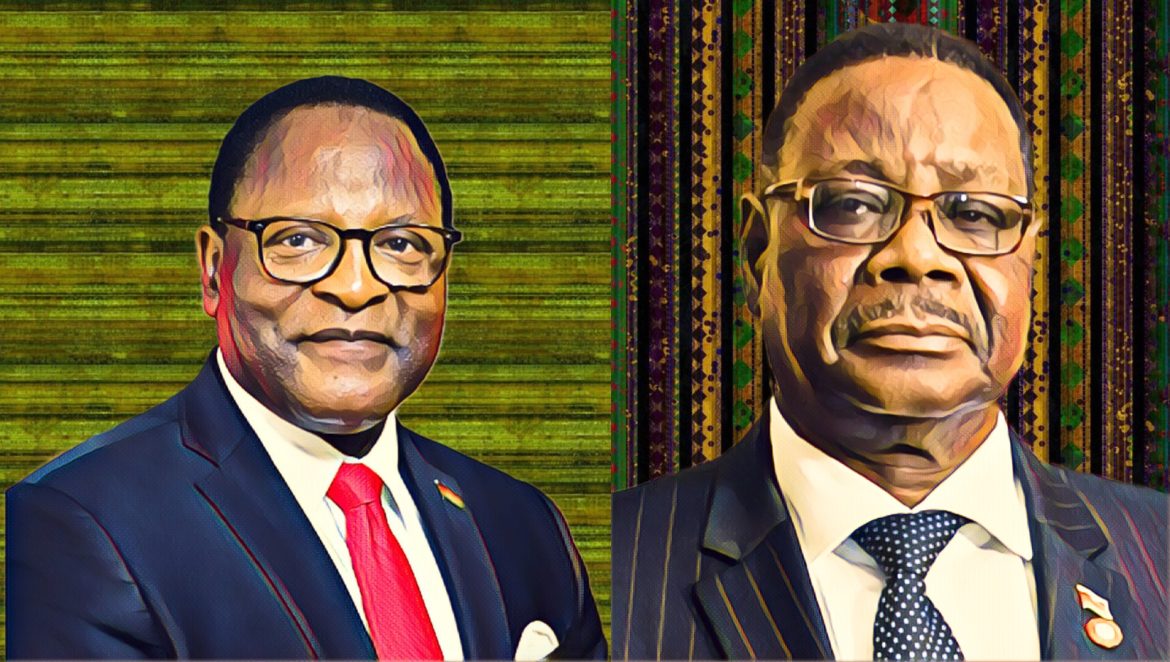Key points
-
Malawi fuel crisis election anger grows as queues stretch overnight.
-
Voters blame shortages and high prices on Chakwera’s leadership.
-
Rivals, including Mutharika, see a chance to return.
In Dedza, cars stretch in long lines at the only fuel station. Some drivers sleep inside their cars while mothers wait with children. Motorcycle taxi riders lose another day of income.
These scenes are common as Malawi heads toward its September 16 election. President Lazarus Chakwera faces growing criticism as shortages worsen.
“My business is dying because there is no fuel,” said Nelson Mazola, a taxi rider.
The fuel crisis comes from a shortage of foreign currency. Malawi’s economy depends heavily on tobacco but has been hit by drought, debt, and inflation. Hoarding and black-market sales have made things worse.
Voters frustrated by rising costs
In rural areas, the shortages push up food and transport prices. The World Bank says 70 percent of Malawians live in poverty. The World Food Programme warns that 5.7 million people face hunger.
Economist Adam Chikapa believes voters may punish the government. “Imagine waiting all night at a fuel station, then voting the next day,” he said.
Chakwera came to power in 2020 after a historic election rerun. But since then, his government has been hit by corruption scandals and economic decline. His supporters point to road projects and new trains, but many say these do not solve daily struggles with food and fuel.
Rivals look to gain ground
Chakwera’s main opponent is Peter Mutharika, 85, who he defeated five years ago. Mutharika also faces corruption claims, but his supporters say life was easier under him.
Other candidates include former president Joyce Banda, Vice President Michael Usi, and ex-central bank governor Dalitso Kabambe. With inflation at 27 percent, frustration is rising.
Analyst Boniface Dulani says the fuel crisis is “the clearest sign of government failure.”
Under new rules, the winner must get more than 50 percent of the vote. If not, a run-off will follow. For now, fuel queues remain a daily reminder of the stakes.


